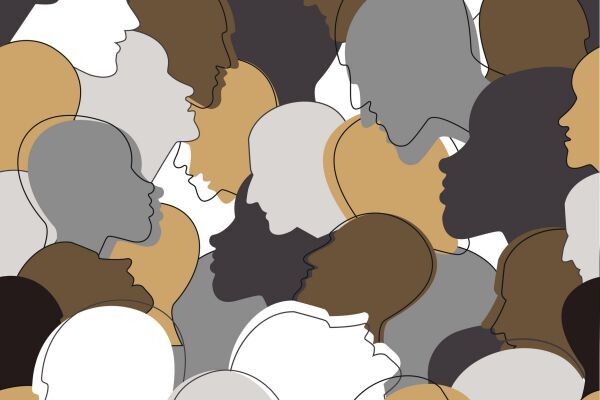
Researchers from the Annenberg School for Communication at Penn discovered that “dehumanization” and “dislike” are processed by two completely separate brain regions, which suggests that they may be two different psychological processes.

Researchers from the Annenberg School for Communication at Penn discovered that “dehumanization” and “dislike” are processed by two completely separate brain regions, which suggests that they may be two different psychological processes.
Phoebe Ho is a doctoral candidate in Sociology at the University of Pennsylvania. Her research focuses on the sociology of education and family, specifically the experiences of minority and immigrant families. (Photo: Marcus Wright)
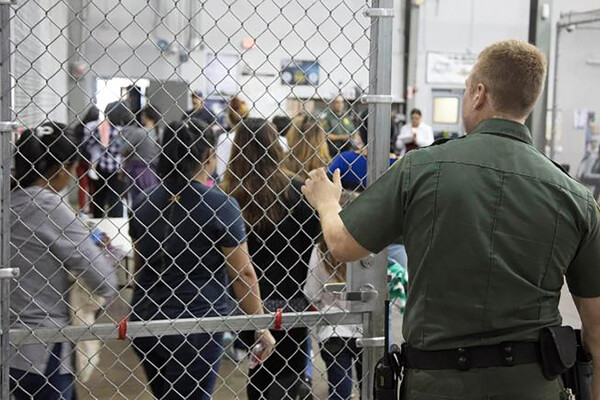
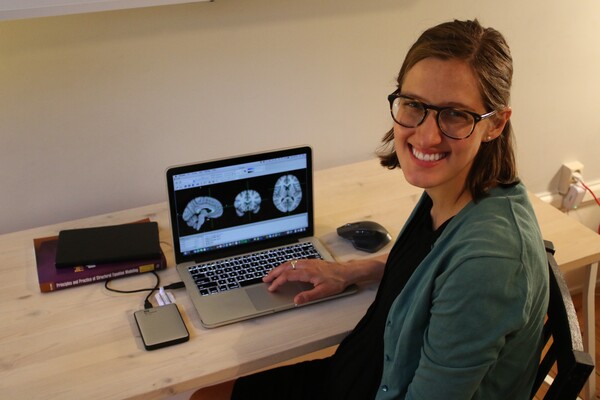
Doctoral candidate Caitlin Clements of Penn’s School of Arts and Sciences and CHOP’s Center for Autism Research lead research showing that that individuals with autism spectrum disorder respond differently to social and non-social rewards than typically developing children. The findings were published in JAMA Psychiatry.
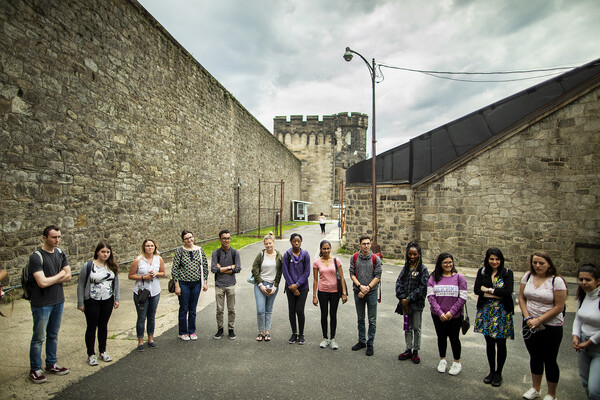
The two-week summer intensive workshop run by mindCORE, which focused on social and behavioral sciences and on language science and technology, included excursions like a visit to Eastern State Penitentiary (above) and to Spruce Street Harbor Park.
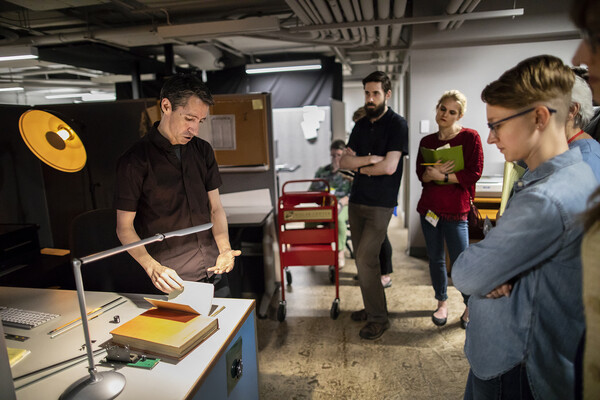
As part of a session led by Dot Porter, curator of digital research services (not pictured), conference participants visited the Schoenberg Center for Electronic Text & Image, a digitization lab located in Van Pelt-Dietrich Library. Digital imaging specialist Chris Lippa (left) explained the process of digitizing materials like the book in his hand.
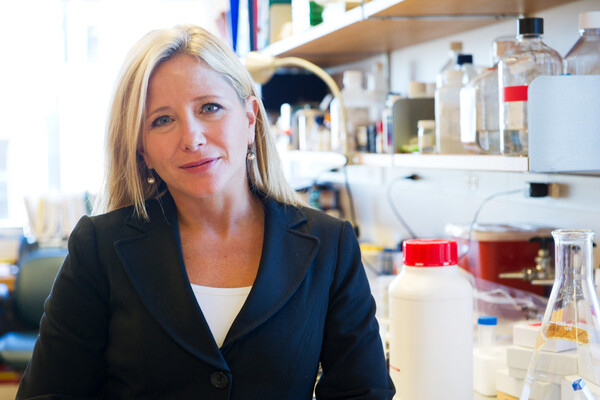
Michal Elovitz is a professor of obstetrics and gynecology at the Perelman School of Medicine and director of the Maternal and Child Health Research Center. (Photo: Christian Peacock)
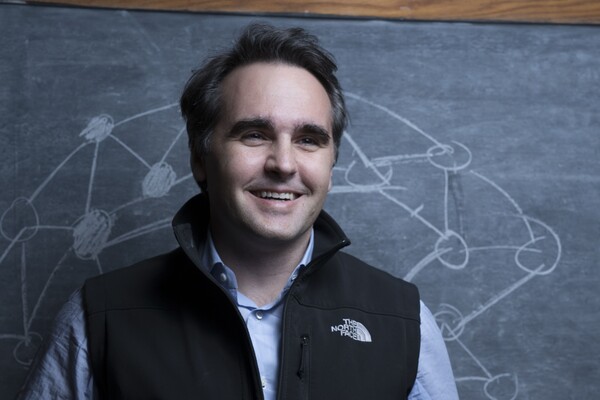
Damon Centola is a professor in the Annenberg School for Communication and the School of Engineering and Applied Sciences and director of the Network Dynamics Group.
(Image: Courtesy of Annenberg School for Communication)
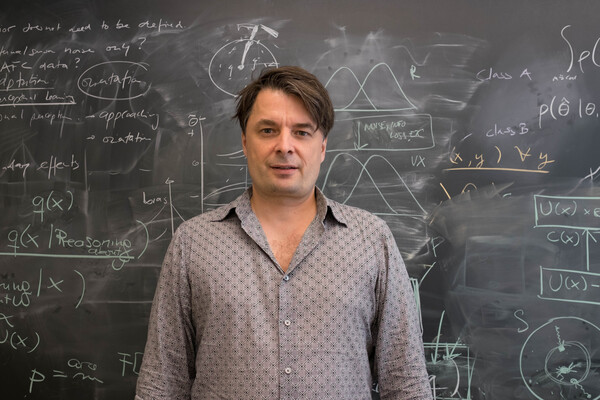
Psychologist Alan Stocker, of the University of Pennsylvania’s Computational Perception and Cognition Laboratory.
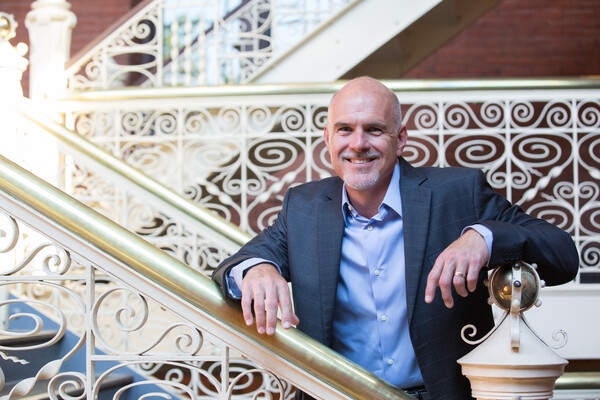
Penn Integrates Knowledge professor Michael Platt
nocred